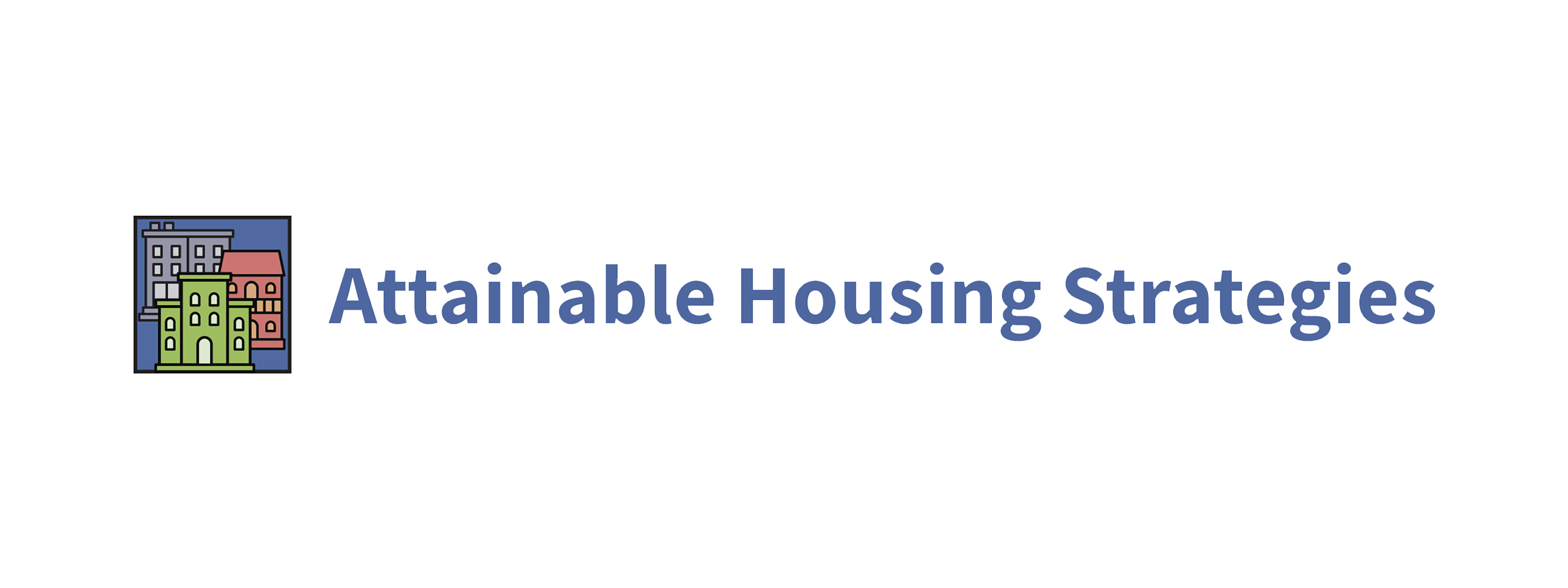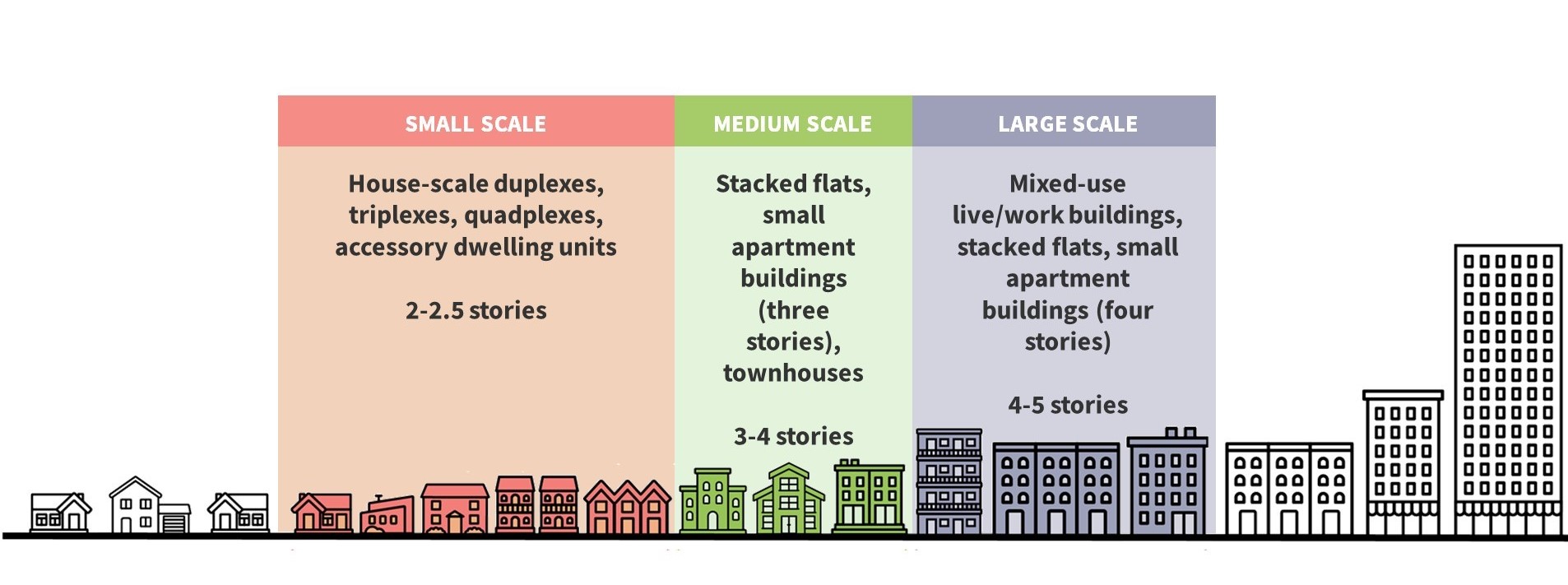
Work session rescheduled from previously announced date of December 2, 2021 will be followed by December 13 virtual public meeting
WHEATON, MD – The Montgomery County Planning Board, part of The Maryland-National Capital Park and Planning Commission (M-NCPPC), announced the sixth Attainable Housing Strategies work session will take place during the Planning Board’s meeting on December 9, 2021. During the session, the Planning Board will review the draft Attainable Housing Strategies report to go to the Montgomery County Council. The session was rescheduled from the previously announced date of December 2, 2021 to accommodate the Planning Board schedule and ensure that community review of the draft report would not occur over a holiday weekend.
The draft report will be posted on the Planning Board’s website one week before the work session and the community is invited to submit written comments to the Planning Board via email at mcp-chair@mncppc-mc.org. Watch the meeting online via live stream or review previous meetings on demand.
The community is also invited to attend a virtual meeting on December 13 at 7 p.m. During the meeting, which will be held on Microsoft Teams, Montgomery Planning staff will share the Planning Board’s Attainable Housing Strategies recommendations and next steps for the initiative, as well as hold a question-and-answer session after the presentation. This will be Montgomery Planning’s fourth community meeting since the initiative began in March 2021 and will follow the Planning Board’s sixth Attainable Housing Strategies work session on December 9. RSVPs are required.
Register for Community Meeting #4: Attainable Housing Strategies Planning Board Recommendations
On November 15, Montgomery Planning staff presented at the American Planning Association National Capital Area Chapter’s (NCAC-APA) conference. They discussed the ongoing efforts to reform single-family housing zoning in Montgomery County, with a focus on the economics and feasibility of enabling attainable housing typologies.
Watch the single-family zoning reform NCAC-APA conference presentation
The Attainable Housing Strategies effort launched at the direction of the Montgomery County Council on March 4, 2021 to “consider zoning reforms that would allow greater opportunities for Missing Middle Housing in Montgomery County.” Since that time, Montgomery Planning staff have reviewed zoning and planning policies and conducted community outreach to come up with a comprehensive strategy for providing options for residents to find homes at the right sizes, locations and price points for their needs in Montgomery County. During the Attainable Housing Strategies work sessions, Planning staff have presented their recommendations to the Planning Board on developing tools that can encourage the creation of a more diverse range of housing typologies.
Following Planning Board review and approval, the Attainable Housing Strategies recommendations will be transmitted to the Montgomery County Council. The Attainable Housing Strategies initiative’s timeline has been revised so that transmission of the Planning Board’s recommendations will follow final County Council action on Thrive Montgomery 2050.
About Attainable Housing Strategies
Attainable housing offers more diverse types of housing beyond single family homes and large apartment buildings. This effort includes Missing Middle Housing, which refers to a range of building types that are compatible in scale, form and construction with single-family homes, but offer multiple housing units. Attainability in housing is the ability of households of various incomes and sizes to obtain housing that is suitable for their needs and affordable to them.
As noted in Montgomery Planning’s recent Montgomery County Housing Needs Assessment, county residents have a wide range of housing needs related to size, transit access, and price, yet almost half of the homes in Montgomery County are single-family houses. The Attainable Housing Strategies initiative aims to identify viable housing options for existing and new residents at the right size, location, and price point for their needs. This is critical as Montgomery County will need to increase its housing supply to meet the demand of an estimated 200,000 more residents by 2045.
Strategies to implement Missing Middle housing are a major part of this effort, as are opportunities for new housing around transit stations, within transit corridors, and near activity centers across the county. The Attainable Housing Strategies effort, as part of Montgomery Planning’s Equity Agenda for Planning initiative, also helps to create more equitable, mixed-income communities. More details on the Attainable Housing Strategies initiative, including Frequently Asked Questions, can be found on Montgomery Planning’s website.

To inform development of recommendations, Montgomery Planning provided the community with multiple opportunities to provide feedback. Videos and presentations from three community meetings and four Housing Equity Advisory Team (HEAT) stakeholder meetings are available on the Attainable Housing Strategies initiative website. Montgomery Planning also provided office hours on April 9, April 27 and on June 3, held a Twitter “Housing Day” on June 14 and ran a social media campaign requesting community members to share their #MyMoCoHome stories. Additionally, Montgomery Planning staff have met with several community and other organizations to discuss the Attainable Housing Strategies initiative.